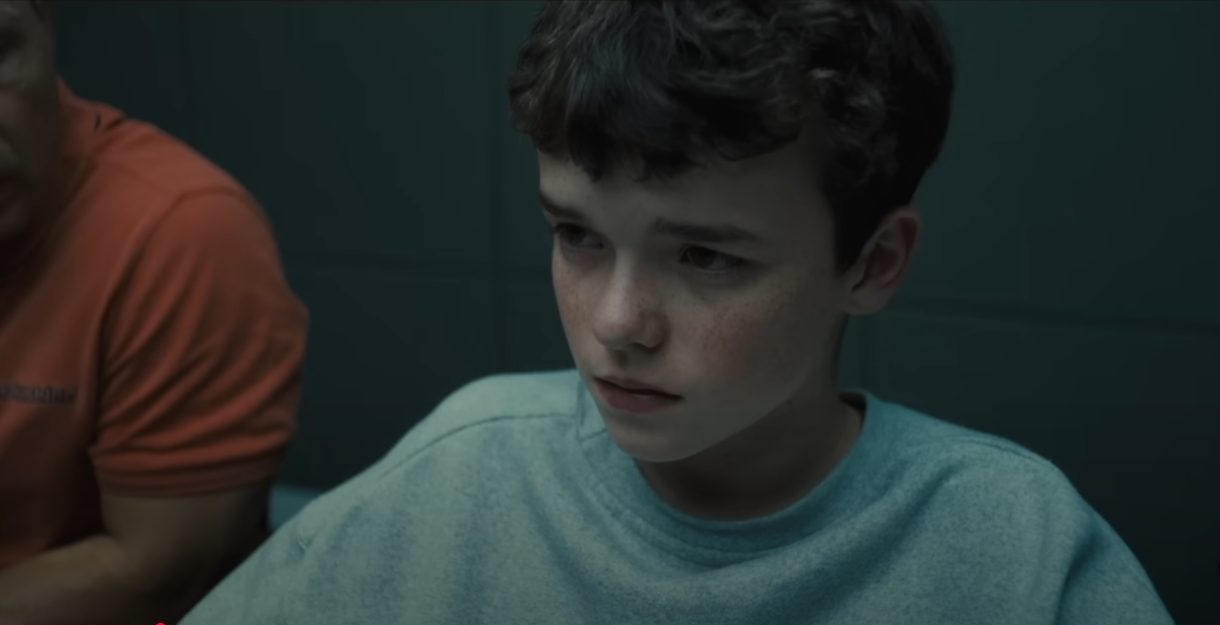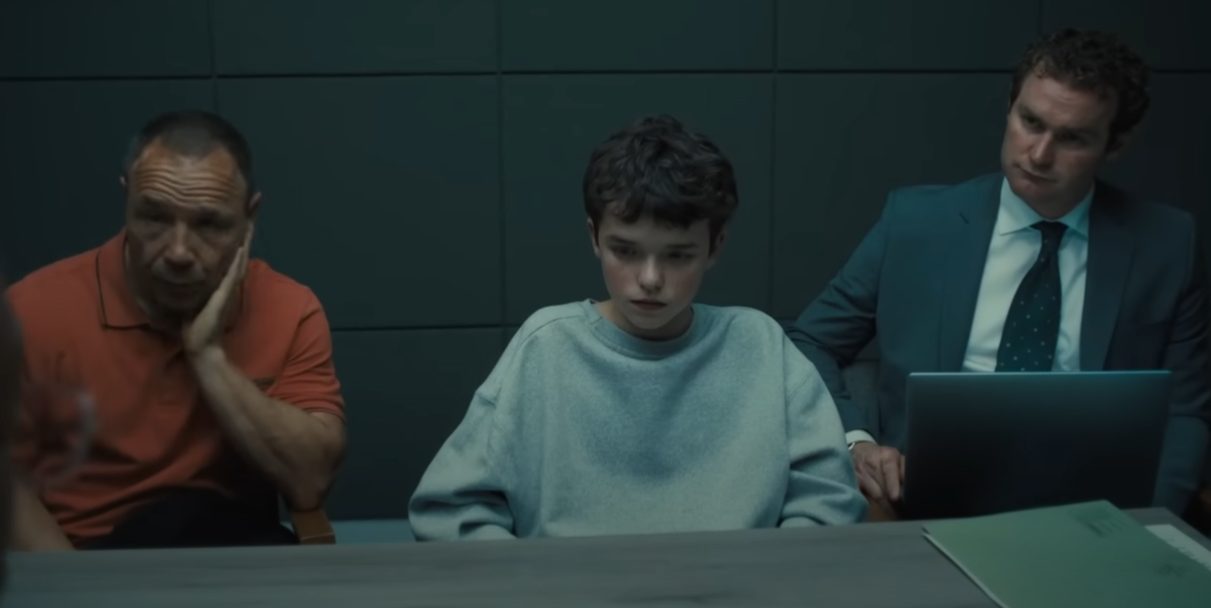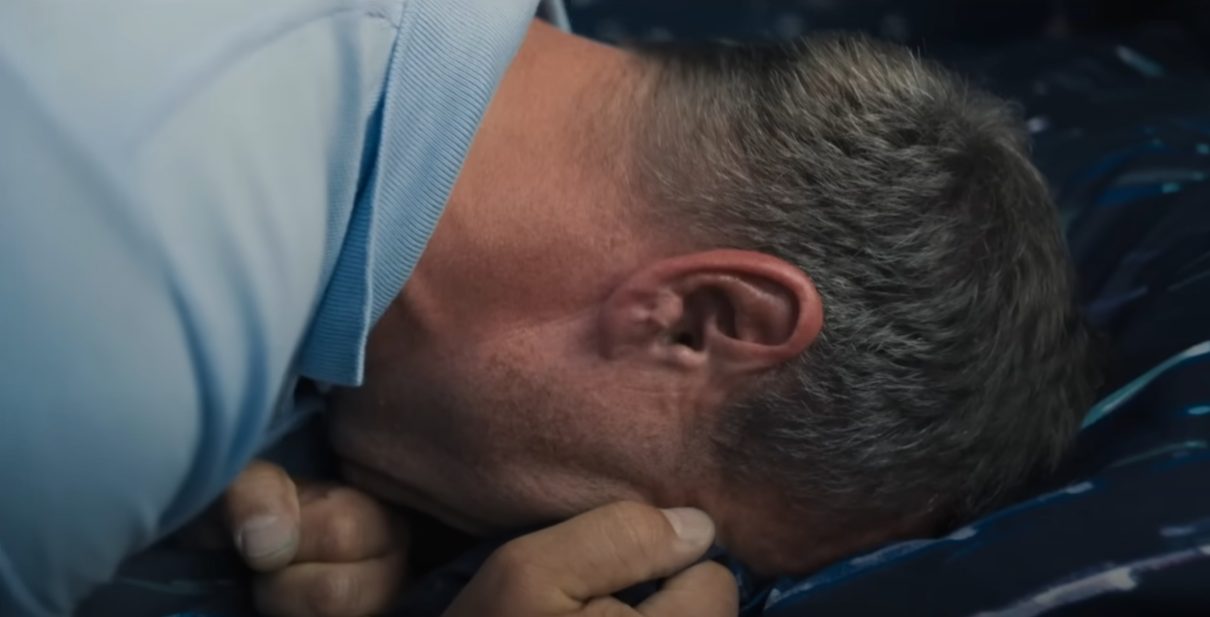”Adolescence” is a British crime drama miniseries that premiered on Netflix on March 13, 2025. The four-part series centers on 13-year-old Jamie Miller, portrayed by Owen Cooper, who is arrested for the murder of his classmate, Katie Leonard. Each episode is uniquely filmed in a single continuous take, immersing viewers in the unfolding narrative.

Episode By Episode Recap
Episode 1: The series opens with a police raid at the Miller family home, leading to Jamie’s arrest on suspicion of Katie’s murder. Initially proclaiming his innocence, Jamie is confronted with CCTV footage showing him committing the crime.
Episode 2: Detectives Bascombe and Frank investigate Jamie’s school environment, uncovering a culture of bullying and social media harassment. They learn that Katie had labeled Jamie an “incel” online, contributing to his emotional turmoil. Jamie’s friend, Ryan, is revealed to have provided the knife used in the murder.

Episode 3: Forensic psychologist Briony Ariston evaluates Jamie’s mental state. Their sessions reveal Jamie’s internal struggles, his exposure to toxic online communities, and culminate in an inadvertent confession.
Episode 4: As Jamie awaits trial, his family grapples with societal backlash and personal guilt. Jamie decides to plead guilty, leading to emotional reckonings within the family. The episode concludes with his father, Eddie, reflecting on their shared pain in Jamie’s empty bedroom.

Ending Explained
The last episode focuses on the emotional fallout after Jamie Miller, the 13-year-old accused of murdering his classmate Katie Leonard, decides to plead guilty. His decision comes after sessions with a forensic psychologist (Briony Ariston), where he reflects on his anger, isolation, and the role that online misogyny and peer pressure played in shaping his mindset.

Despite moments where viewers might hope for redemption or an explanation that would “make sense” of the crime, Jamie ultimately accepts responsibility. He isn’t portrayed as a monster—but as a confused, hurting kid who made a horrifying choice. His guilty plea feels like a quiet admission that there’s no going back.
The Miller family is shattered. Jamie’s parents (Eddie and Alison) try to process what happened while facing intense judgment from the public and their own guilt. Eddie, in particular, struggles with whether he missed signs or failed to teach Jamie something vital. The episode ends with him sitting in Jamie’s now-empty room, surrounded by childhood clutter, symbolizing innocence lost.
The show resists the urge to moralize or sensationalize. There’s no courtroom drama, no dramatic twist. It ends with silence and reflection. What happened is left to sit with the viewer.
The ending underscores the show’s central themes: the impact of bullying, the influence of social media on fragile identities, the dangers of unaddressed male anger, and how parents, schools, and society at large often fail to notice when kids are slipping through the cracks.
The final moments ask viewers not to seek comfort or blame one person—but to look at the environment that allowed this to happen. It’s a warning, not just a conclusion.

Review
”Adolescence,” the British crime drama miniseries on Netflix, has garnered widespread acclaim for its storytelling and thematic depth. Critics have lauded its innovative single-take episodes and compelling performances. Lucy Mangan of The Guardian described it as “the closest thing to TV perfection in decades,” highlighting the standout acting by Owen Cooper and Erin Doherty.
The series has also sparked important societal discussions. The Guardian reported that “Adolescence” has prompted conversations about toxic masculinity and the influence of online communities on young men, with calls for it to be shown in schools to address these issues.
Viewer reception has been overwhelmingly positive. On Rotten Tomatoes, the series holds a 99% approval rating based on 73 critic reviews, with an average score of 8.9 out of 10. The consensus praises its bold style and powerful storytelling.
However, some critiques have emerged. The New Yorker noted that while the series effectively critiques toxic masculinity, it occasionally oversimplifies complex issues, potentially missing opportunities for deeper exploration.
Overall, “Adolescence” is recognized as a significant and timely series, resonating with audiences and critics alike for its artistic achievement and social relevance.



